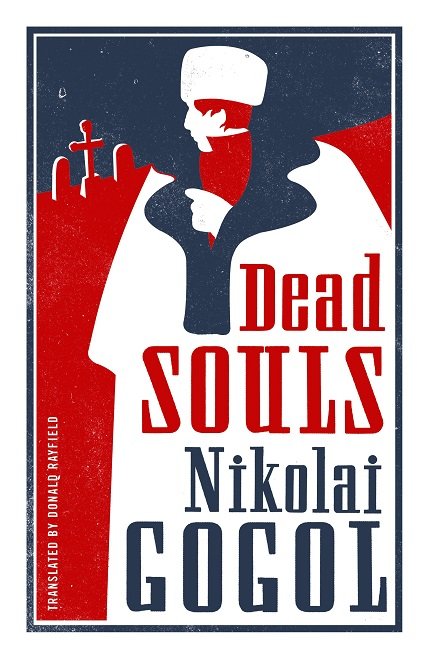Nikolay Gogol and his book "Dead souls" /part 3/
Chichikov, passing by a poster, fails to read it in a moment, and takes him away and takes him to the hotel. And at the end of the first part of the Dead Souls, it became clear that as a disciple he did not accumulate knowledge, but he passed from class to class by clawing to the teachers. There are many scenes in which the darkness of this dark hero is depicted. His open-mindedness has opened many doors, until the unbelievable wanderer Corobochka, driven by his own material interests, does not fail his intriguing intent. Through the image of Chichikov, Gogol condemns the scam, the auction, the ruthless accumulation of riches, and the traits that give rise to the occurrence of monetary relations in a society. With no less exhilarating power, Gogol portrayed the images of the landlords arranged in the novel-poem on the extent of their spiritual destruction.
The comic contrast between claims and possibilities is particularly evident in the first character of the gallery courtyard types, by which Gogol introduced the reader - the landlady Manilov. Once he served as a lieutenant and was considered the most educated officer in the regiment. And yet Manilov, although he has long since resigned and lived secludedly in his mansion, has not lost his claim to education. He keeps constantly in his office as if he had just left a book on his hand. However, Gogol does not leave the reader in error and tells him that this book has been in the same position for two years at the landlord's desk. Manilov claims great esthetics. He has selected the most expensive and sophisticated silk to wrap the armchairs in his office. His aesthetic feeling, however, is completely resigned to the fact that an unfinished, armchair-covered armchair has been protruding for years. The pretentious bronze candlestick with exquisite mother-of-pearl jewelery meets the "sophisticated" taste of Manilov.
Nothing of the fact that he contrasts sharply with the old copper disciple next to him, all oxidized and distorted aside. Even the ash of the landlord's pipe is distributed in beautiful stacks, though they lie not in the ashtrays, but on the windowsills of the windows. Manilov goes for a man with a swing. He dreamed of building a stone bridge over the lake with shops on the side, erecting a tower from which Moscow could be seen. This sword, however, gets a special satirical sense after the reader has made it clear that he has no idea of his own mansion, that he is not capable of any practical activity. And all this happens in an atmosphere where disorder, poverty, exploitation reigns. Gogol does not go into detail, but by painting the miserable look of the village of Manilovka, he gives an idea of what sorts of predominance dominate in it. Manilov does not know the number of the living nor the dead peasants, he has no idea of their qualities, he does not know where they are and what they are doing, nor does he assume that the trickster is constantly lying and rich at his expense. Gogol argues Manilov's characterization with a picture of the situation. The house is built on a place where all the winds are gathered, everything inside is indiscriminately scattered, objects of luxury coexist with unnecessary vestiges. T

Your post is undoubtedly a sophisticated one. Very few people in steemit can write such thoughtful content. I am a big fan of your writing. Keep it up.